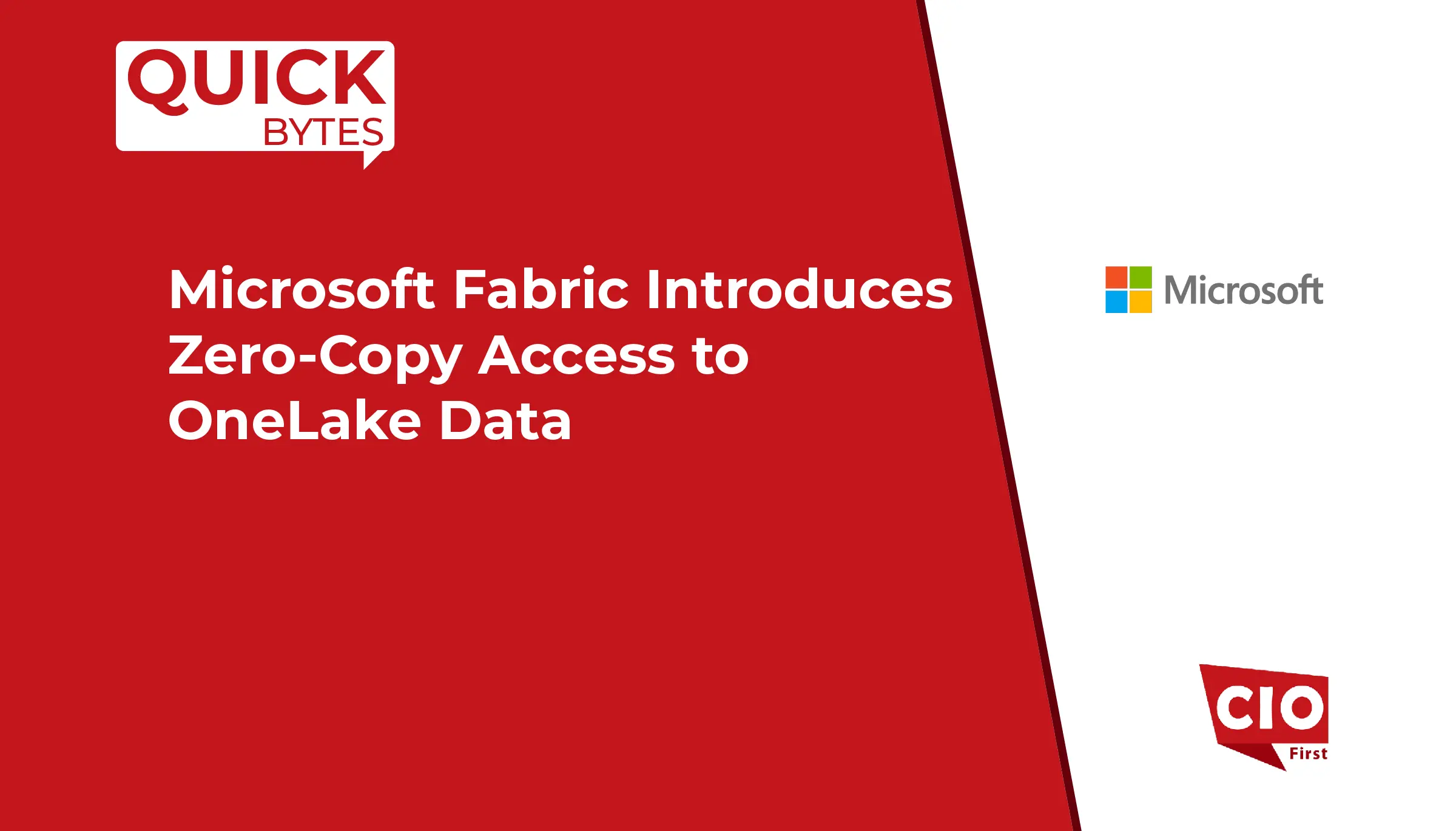SmartStream Reference Data Services (RDS), a leading provider of financial reference data, has announced the launch of an enhanced derivatives data service, providing in-depth insights into transactions related to futures contracts. This expansion is crucial to meeting EMIR Refit reporting requirements.
The EMIR Refit initiative aims to increase the transparency and stability of the OTC derivatives market and is expected to come into effect in April for Europe and September for the UK. A significant concern within the industry and among participants is identifying unforeseen issues relating to data quality and navigating the complexity of reporting fields, particularly as it relates to commodity and energy derivatives. . Financial institutions are actively seeking reliable and efficient methods to manage their securities master data to meet these new requirements. With the RDS, additional attributes will be integrated into the RDS Listed Derivatives Service and a standalone OTC Derivatives Service to support the full spectrum of reference data needed for commodity trading within the new EMIR regulation.
SmartStream RDS, renowned for providing quality reference data as a managed service, will leverage its deep transaction lifecycle expertise and highly skilled resources to deliver accurate data and regulatory operations tailored to each financial institution and ensuring compliance with the new EMIR Refit standards.
Also Read: Tellius Unveils GenAI Enhancements, Ushering in a New Era of Enterprise Analytics and Insights
Linda Coffman, Executive Vice President of SmartStream RDS, said: “The main challenges posed by this regulation include completing the many new reportable fields for commodity and energy derivatives. It is also about protecting companies from poor quality and difficult to access data, in addition to meeting regulators’ requirements for increased complexity in certain raw materials and energy contracts. My advice to all market participants is to be prepared and deploy the necessary technology to ensure the highest quality of data to reduce the risk of fines and reputational damage.
SOURCE: BusinessWire



























